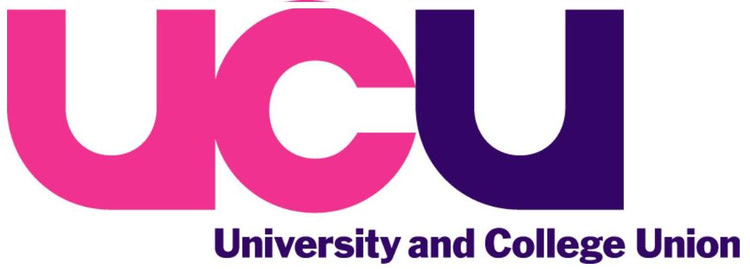UNIVERSITIES AND COLLEGE UNION STRIKES

Tomorrow, Thursday 22 February, members of the Universities and College Union (UCU) are due to strike in a dispute regarding the pension scheme for university staff. The proposed industrial action is due to last for 14 days.
Universities across the UK are making every effort to minimise the disruption to students from planned strike action by some University and College Union (UCU) members at 64 universities over pensions reform.
Industrial action comes despite Universities UK (UUK), representing 350 higher education employers on Universities Superannuation Scheme (USS) reform, continuing talks with UCU.
USS, like many schemes, has been affected by difficult economic conditions. The cost of future pensions has risen by one-third in the last three years, and the scheme has a deficit of £6.1 billion, which by law must be reduced.
Without reform, employers and staff would be forced to increase pension contributions to unmanageable levels – an extra £1 billion every year. Employers would have to cut other spending on teaching, research, student support and make redundancies to cut costs, so more money could be diverted to address rising pension costs.
Although UCU has achieved a mandate for industrial action in 64 (61 initially) out of the 68 institutions balloted, the number of UCU members voting in favour of strike action represents an estimate of only 16% of academic staff in those institutions, and 12% of active USS members in higher education.
A spokesperson for Universities UK said:
The changes proposed will make USS secure, and sustainable, safeguarding the future of universities. University staff will still have a valuable pension scheme, with employer contributions of 18% of salary – double the private sector average. This makes strike action very disappointing. UUK remains at the negotiating table, but so far UCU has refused to engage on how best to address the funding challenges facing USS.
Key facts:
- Universities UK has met UCU over 35 times in the last year to discuss USS reform. Following an intervention from the Pensions Regulator, and a strict legal deadline (30 June), both parties agreed a deadline to agree reform proposals to make the scheme sustainable. This deadline was extended twice.
- The Joint Negotiating Committee (JNC) – the formal and legally established forum for deciding changes to USS which includes joint membership by UCU and Universities UK – reached a decision on proposed benefit reforms in January. It recommended the employers’ proposed changes to make the scheme secure and sustainable and ensure that staff pensions remain attractive, with the independent chair casting a decisive vote.
- A number of misleading claims are being made about Universities UK’s proposal, which are addressed in this Five Key Questions document. For example, UCU claims members will lose up to £200,000 in retirement. However, UCU’s figure is for someone earning over £100,000 in today’s terms and without any indication of the assumed level of investment return, which is probably the most important assumption in any calculations. It is true to say that benefits built up in the future will be lower. UUK commissioned its own modelling from its advisor Aon, and this work suggests that under the proposals, and including standard state pension entitlements, current members should continue to receive retirement incomes equivalent to 80–90% of those that would, hypothetically, have been received under the current benefits.
- Pension benefits already built up are protected by law and cannot be changed retrospectively
USS is one of the largest private pension schemes in the UK and is the principal scheme for academic and comparable staff in UK universities and other higher education and research institutions. Universities UK is representing the views of more than 350 higher education employers on USS reform proposals.
USS is governed by a clear set of scheme rules. Any changes to these rules need to be decided on through the JNC. The JNC brings together an equal number of representatives from Universities UK and the University and College Union. The JNC has an independent chair who oversees discussions between employer and member representatives, and can choose to cast a deciding vote if agreement between both parties cannot be reached.
Universities Minister Sam Gyimah has engaged with all of the parties involved and he has been clear that a solution that avoids minimal disruption to students is key.
A Department for Education spokesperson said:
Universities must consider the impact of any industrial action on their students, who deserve to receive the service that they are paying for.
Talks are ongoing and the Universities Minister, Sam Gyimah, is engaging with both Universities UK (UUK) and the University and College Union (UCU) to make clear to all Parties the need to find a solution that avoids disruption to students.
Where any strike action takes place, we expect universities to provide alternative arrangements that maintain the quality of education that students should receive, or fulfil obligations they might have to students as consumers, which may include offering compensation.











Responses